Ceramic tiles have long been favored in the construction and design industry due to their versatility, aesthetic appeal, and durability. Among the various manufacturing processes, one specific method stands out – dry pressed ceramic tiles. This article will delve into the features, benefits, and applications of dry pressed ceramic tiles, highlighting why they are a perfect choice for both residential and commercial projects. 1. What is Dry Pressed Ceramic Tile? Dry pressed ceramic tile production entails using a blend of high-quality, finely ground clay and other natural materials. The mixture is compressed using hydraulic pressure, resulting in durable, dense, and uniform tiles.
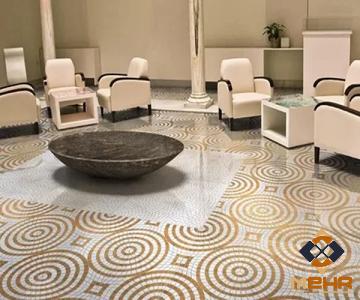
.
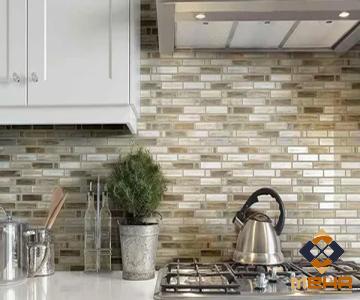 Unlike other methods that incorporate water during the manufacturing process, dry pressing avoids excessive moisture, leading to increased strength and reduced water absorption. 2. Key Features and Benefits: a. Strength and Durability: Dry pressed ceramic tiles are renowned for their exceptional hardness and resistance to wear and tear. This makes them suitable for high-traffic areas and areas exposed to heavy loads or potential impact, such as commercial spaces or outdoor installations. b. Low Water Absorption: Thanks to the low water content used during manufacturing, dry pressed ceramic tiles have a significantly lower water absorption rate than other ceramic tiles.
Unlike other methods that incorporate water during the manufacturing process, dry pressing avoids excessive moisture, leading to increased strength and reduced water absorption. 2. Key Features and Benefits: a. Strength and Durability: Dry pressed ceramic tiles are renowned for their exceptional hardness and resistance to wear and tear. This makes them suitable for high-traffic areas and areas exposed to heavy loads or potential impact, such as commercial spaces or outdoor installations. b. Low Water Absorption: Thanks to the low water content used during manufacturing, dry pressed ceramic tiles have a significantly lower water absorption rate than other ceramic tiles.
..
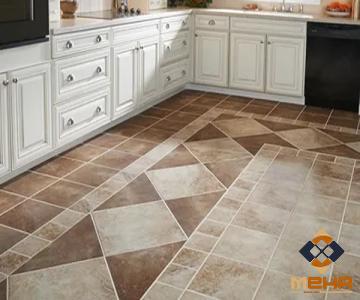 This makes them highly resistant to staining, frost, and damage caused by moisture, making them ideal for damp areas like bathrooms and kitchens. c. Sizes and Finishes: Dry pressed ceramic tiles come in a wide range of sizes, shapes, and finishes, catering to various design preferences. They can be found in traditional square or rectangular formats or in more unique shapes and sizes, allowing architects and designers to create distinctive layouts. The variety of finishes, including matte, polished, textured, or glazed, further enhances the design possibilities while maintaining their durability. d. Versatility: Dry pressed ceramic tiles can be utilized for both indoor and outdoor applications. Whether it’s flooring, wall cladding, or even outdoor pavements, their strength and resistance make them suitable for any environment.
This makes them highly resistant to staining, frost, and damage caused by moisture, making them ideal for damp areas like bathrooms and kitchens. c. Sizes and Finishes: Dry pressed ceramic tiles come in a wide range of sizes, shapes, and finishes, catering to various design preferences. They can be found in traditional square or rectangular formats or in more unique shapes and sizes, allowing architects and designers to create distinctive layouts. The variety of finishes, including matte, polished, textured, or glazed, further enhances the design possibilities while maintaining their durability. d. Versatility: Dry pressed ceramic tiles can be utilized for both indoor and outdoor applications. Whether it’s flooring, wall cladding, or even outdoor pavements, their strength and resistance make them suitable for any environment.
…
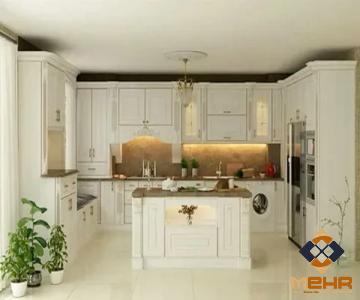 3. Applications: a. Residential: Dry pressed ceramic tiles are commonly used in kitchen and bathroom areas due to their resistance to moisture, stains, and wear. They can also be deployed throughout the house, offering a durable and aesthetically pleasing flooring option. b. Commercial: With their durability and strength, dry pressed ceramic tiles find extensive application in commercial spaces such as shopping malls, restaurants, and hotels. They can withstand heavy foot traffic and maintain their appeal for years, even in the busiest environments. c. Outdoor: Dry pressed ceramic tiles enable seamless transitions between indoor and outdoor spaces. From patios to pool decks, dry pressed ceramic tiles provide an elegant and reliable solution that withstands various weather conditions. Conclusion: Dry pressed ceramic tiles are an excellent choice for those seeking a versatile, durable, and aesthetically appealing flooring and wall cladding material. Their low water absorption, unique finishes, and increased strength make them ideal for both residential and commercial projects, where durability and longevity are key. Whether in high-traffic areas or outdoor installations, dry pressed ceramic tiles are a perfect option that combines functionality and visual appeal to elevate any space.
3. Applications: a. Residential: Dry pressed ceramic tiles are commonly used in kitchen and bathroom areas due to their resistance to moisture, stains, and wear. They can also be deployed throughout the house, offering a durable and aesthetically pleasing flooring option. b. Commercial: With their durability and strength, dry pressed ceramic tiles find extensive application in commercial spaces such as shopping malls, restaurants, and hotels. They can withstand heavy foot traffic and maintain their appeal for years, even in the busiest environments. c. Outdoor: Dry pressed ceramic tiles enable seamless transitions between indoor and outdoor spaces. From patios to pool decks, dry pressed ceramic tiles provide an elegant and reliable solution that withstands various weather conditions. Conclusion: Dry pressed ceramic tiles are an excellent choice for those seeking a versatile, durable, and aesthetically appealing flooring and wall cladding material. Their low water absorption, unique finishes, and increased strength make them ideal for both residential and commercial projects, where durability and longevity are key. Whether in high-traffic areas or outdoor installations, dry pressed ceramic tiles are a perfect option that combines functionality and visual appeal to elevate any space.
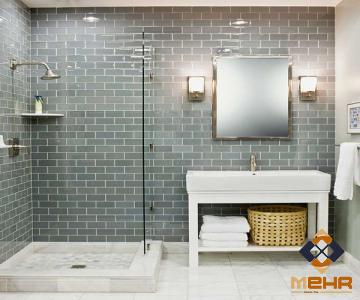
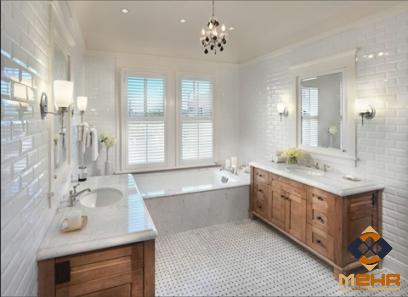
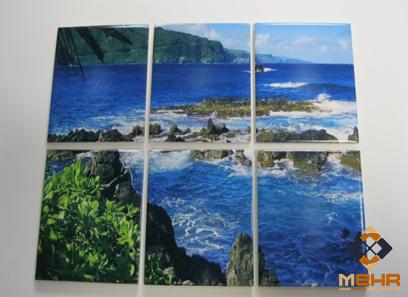
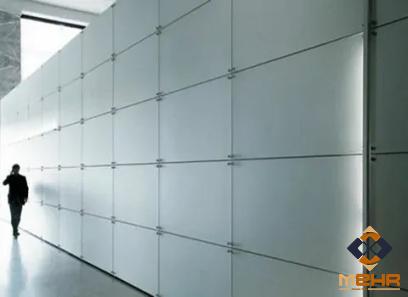
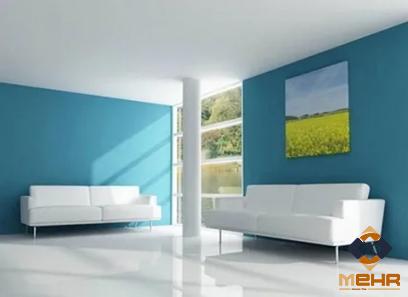
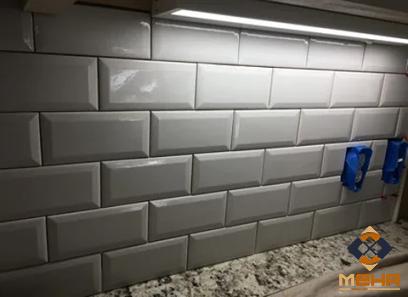
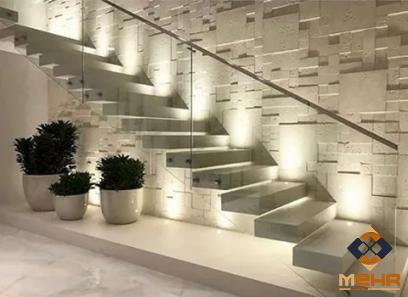
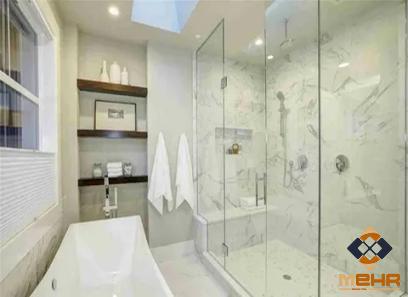
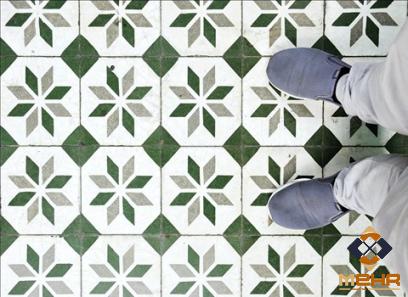
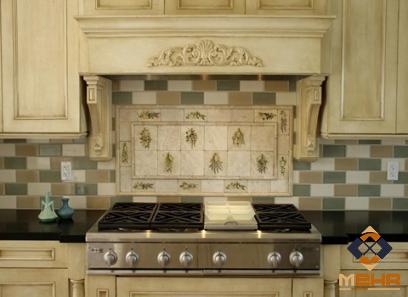
Your comment submitted.